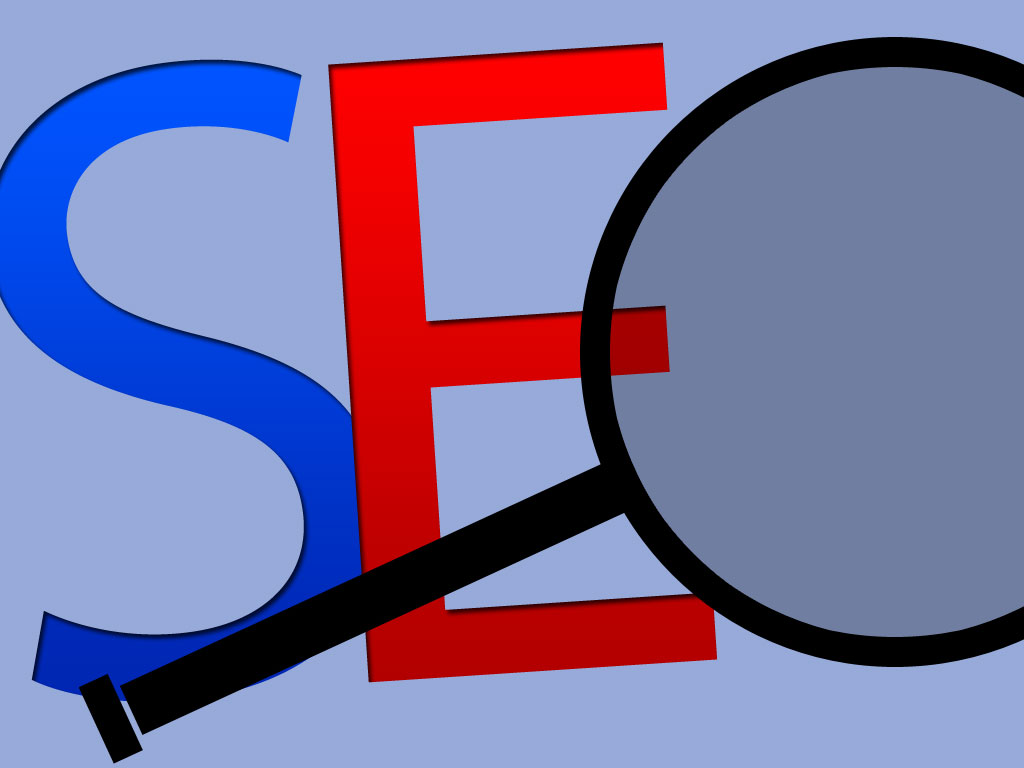Organic SEO and best practice – By Jakir Miah

What is organic SEO
keywords and keyword analysis, backlinking, link building to improve link popularity, and writing content relevant for human readers.
Back linking
a backlink is a hyperlink that links from a Web page, back to your own Web page or Web site. Also called an Inbound Link (IBL) these links are important in determining the popularity (or importance) of your Web site.
Link building
link building is the process of exchanging links with other Web sites to increase your own site’s backlinks and quality backlinks.
Link popularity
In search engine optimization (SEO) terminology it is the term used to describe the value of a Web site, where the measurement is based on the quantity of quality Inbound links (also called backlinks) to your pages. Many search engines, including Google use link popularity in its algorithm when determining where your Web site is listed in its SERP
SEO is also about making your search engine result relevant to the user’s search query so more people click the result when it is shown in search. In this process, snippets of text and meta data are optimized to ensure your snippet of information is appealing in the context of the search query to obtain a high CTR (click through rate) from search results. (webopedia)
SEO Best Practices
- Title tags
- Your title tag should be written like this: Primary Keyword – Secondary Keyword | Brand Name
- Use a dash in between your keyword phrases and a pipe at the end before your brand name
- Avoid duplicate title tags
- Keep title tags at 55 characters or less in length, including spaces. If you’re interested in learning more about the new title tag guidelines
- Meta descriptions
- They should have description which users understand and can help with click through rates from search engines
- Write compelling meta descriptions
- 150 to 160 characters is the recommended length
- Avoid duplicate meta descriptions
- Do not use quotes or any non-alpha characters (Google, cuts them out of the meta description)
- Targeted keywords
- Create content that is extremely relevant for that keyword phrase
- Use your keyword phrase 4 times within your content (but don’t abuse it)
- Include links from other pages within your website that point back to this page (see internal linking)
- Create unique content for every medium (press releases, blogs, guest blog posts, etc…). If you send out a press release, do not copy and paste that press release onto your website. If it gets picked up in multiple publications, the search engines will see that you have duplicate content and penalize you for it.
- Header tags and keyword phrases
- Use your keyword phrase once in your H1 tag
- Use H1 tags on pages you are trying to drive unique traffic to (SEO page)
- Use H2 tags if there are multiple sections
- Internal page linking with anchor text
- When linking to another page on the same site from within content, select good anchor text (keywords) to use in the actual link and do this often. For example: “We offer a wide range of web design services,” rather than “Click here for our services.”
- In the above example, you would link “web design services” to your web design services page instead of linking “click here.”
- Image Alt tags and file names
- Name all of your images in a way that describes what they are
- Use dashes between the words, rather than underscores ( purple-hat.jpg rather than purple_hat.jpg)
- Do not use non-alpha characters in your image or file names (so no %, &, $, etc…)
- Making content easier to read
- Paragraphs should be roughly three sentences long. Extremely long sentences will lose the users’ attention
- Use bullet points and bolding to break up large blocks of content. Users tend to scan content looking for keywords
- Do not overuse bullets and bolding
- Meta keywords
- Meta keywords are not important these days so you can skip this one, google or others search engines no longer see this as huge important
Research found from Amanda Grant, Marketing director of Orbit Media